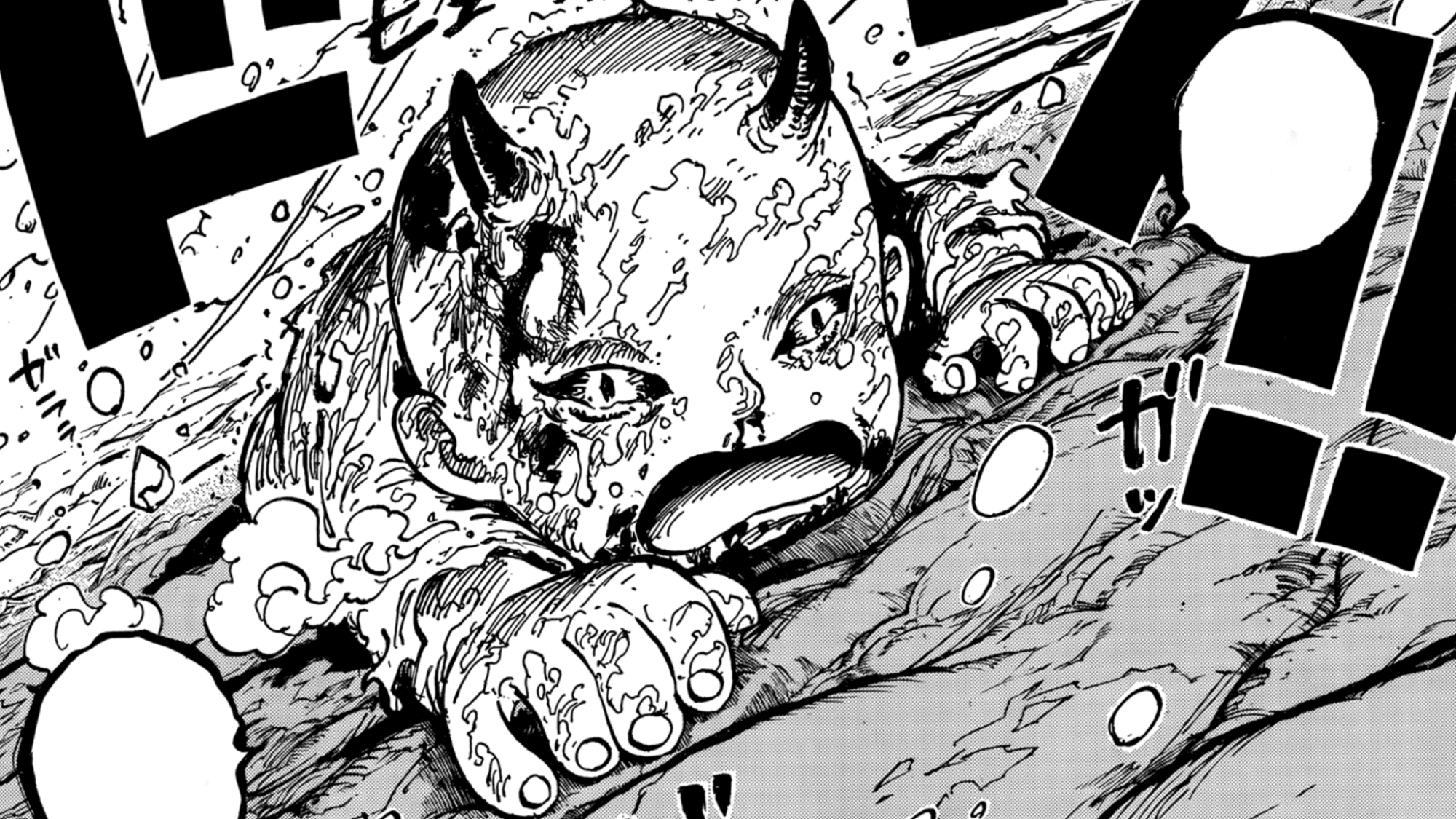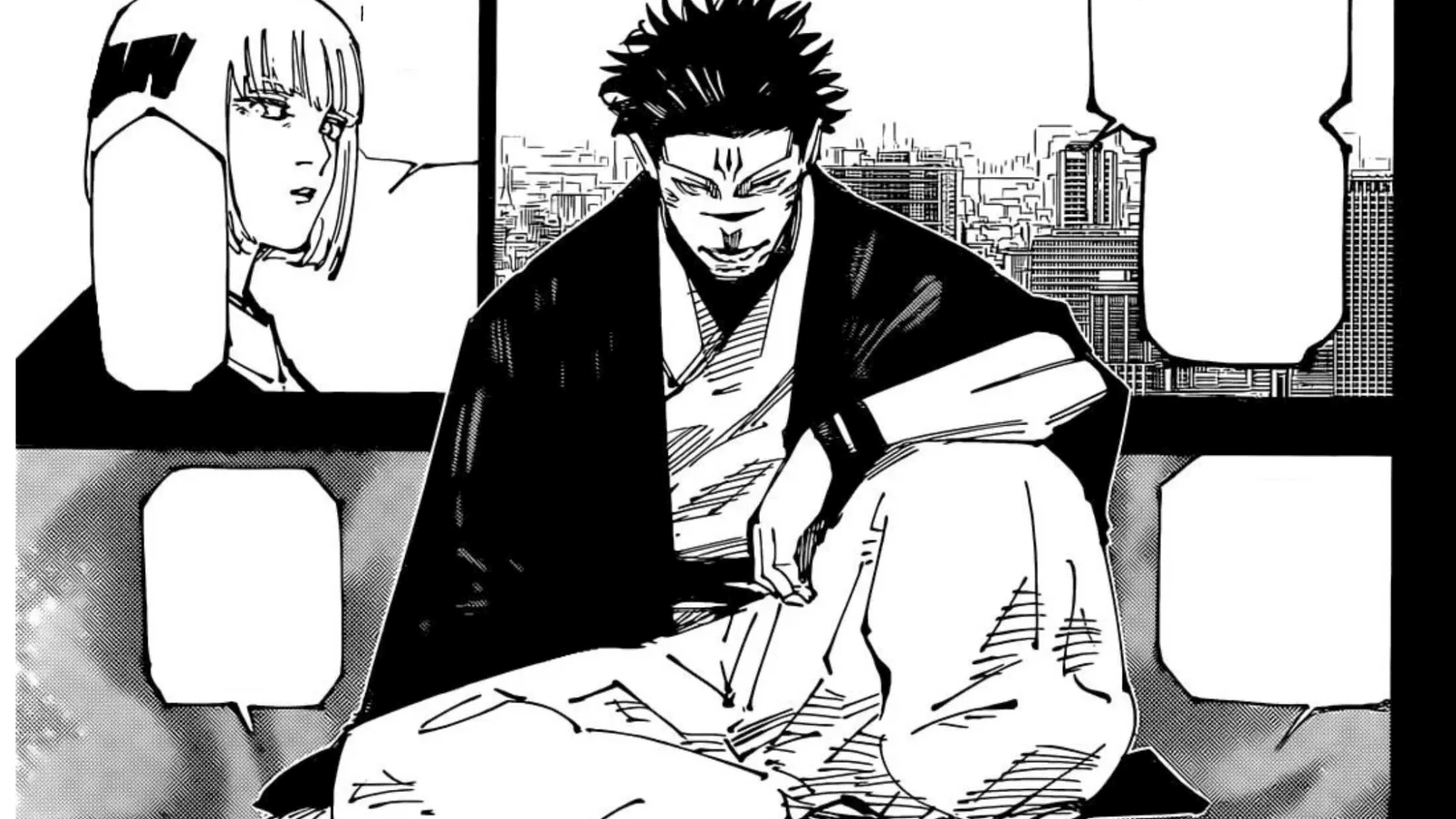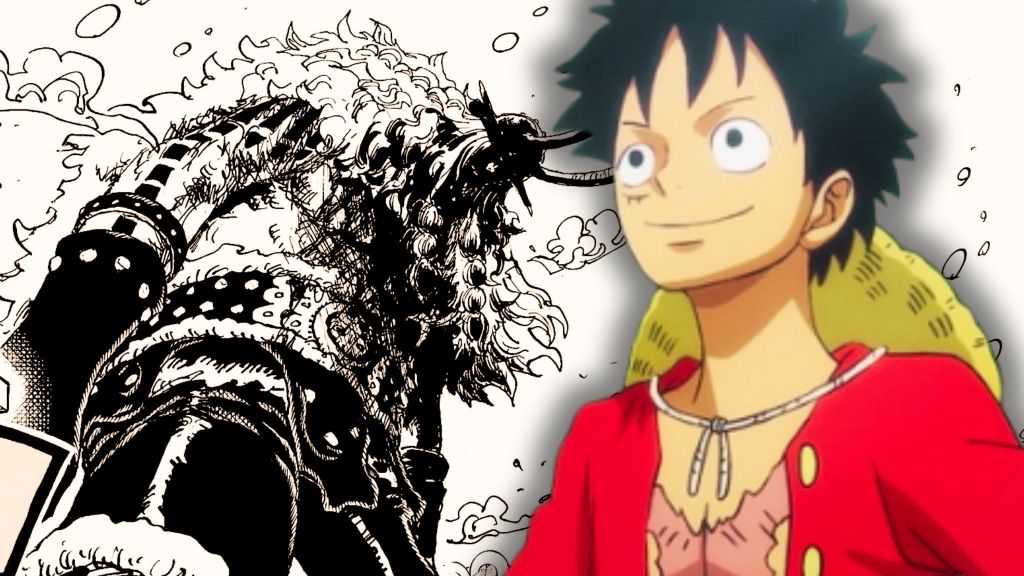Chapter 1153 of One Piece, titled “Loki’s Awakening”, has revealed the tragic backstory of Harald and how he transformed into the most powerful king of Elbaf. At the same time, this chapter also introduces the awakening of his sons, Hajrudin and Loki, along with the ancient traditions of Elbaf. Despite being of royal descent, Harald must adhere to the customs of his ancestors to maintain his lineage, and he must expel Loki from their clan.

However, shortly after his awakening, Loki was betrayed by his own mother, Estrid, who viewed him as a monster due to his unusual appearance. Estrid even tried to abandon him at birth, but Loki survived and fought back. Later, she regretted a strange prophecy: one day, Loki would kill his father, branding him as “the cursed prince.” This revelation starkly highlights that Loki’s inherent nature is not a result of his own choices, but rather a reflection of the judgment and hatred from those around him.
Loki’s predicament creates a compelling parallel with the character Ryomen Sukuna from Jujutsu Kaisen, a figure rooted in similar themes of birth and rejection.
Sukuna and Loki: The Fates Defined by Their Struggles
While One Piece intricately portrays Loki’s awakening through a detailed narrative, Sukuna’s emergence in Jujutsu Kaisen is only referenced twice. However, a deeper analysis reveals that like Loki, Sukuna was not born as a malevolent spirit but was compelled to become a villain after being betrayed.

Sukuna’s first significant emergence occurs in Chapter 237 of Jujutsu Kaisen, when he responds to Hajime Kashimo’s inquiry about whether he is the strongest being to ever exist. Sukuna insists he is merely “a curse that was never meant to be.” Initially, this statement may seem vague, but upon closer examination of the Japanese kanji, it implies a deeper cultural significance: “a curse that is not meant to be,” often associated with individuals born under unfortunate circumstances.
This detail is further emphasized in the subsequent chapters, particularly Chapter 257, where Sukuna discusses Yuji’s cursed existence with Uraume. He reveals that he once had a twin brother but ultimately became a curse himself. Sukuna explains that he was born in a state of despair and did not wish to have a child. This shocking revelation not only confirms his identity as a “curse that is not meant to be” but also hints that he might have been born with abnormalities or defects.
The implications of this narrative suggest that he became a figure of harshness due to the suffering he endured from birth – a curse born from the deepest pain of humanity. Similarly, Loki’s awakening, marked by his mother’s rejection and the hatred from those around him, also reflects this tragic backdrop.
Contrasting Paths: The Unique Journeys of Loki and Sukuna

However, while Sukuna’s path does not allow for redemption or heroism, Loki’s journey towards becoming a hero is currently unfolding. Alongside Luffy and Zoro, Loki is one of the few characters in Elbaf recognized as a wielder of Supreme Haki, a rare ability that enables him to confront those who challenge the Straw Hat Pirates. This not only positions him as a powerful warrior but also as a potential pivotal figure for his people.
The narrative also reveals that Harald, Loki’s father, has been taken captive by Imu, akin to Dorry and Brogy during the current timeline. This detail could help the people of Elbaf understand that if Loki indeed kills his father, it would not stem from malice but rather a necessary act. Loki’s storyline in One Piece serves as a profound exploration of redemption and the complexities of heroism, transforming him into the rightful King of Elbaf. His journey increasingly emphasizes that one’s fate is not solely determined by their birth but shaped by the choices made throughout life – a sentiment that Sukuna’s character in Jujutsu Kaisen never truly experiences.




















